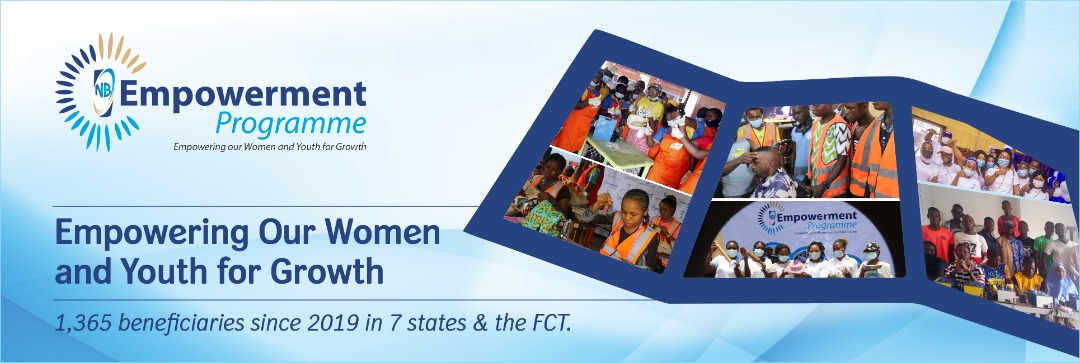BY OSA DIRECTOR
AS Shakespeare said, “When beggars die there are no cometh seen, but the heavens themselves blaze forth the death of princes.”
Even the heavens opened up with rains to herald the passage of one of Nigeria’s greatest music icons ever, Majek Fashek, thus giving an eternal imprimatur to his moniker as Rainmaker.
Thus, the music legend who became popular as a rainmaker after his popular debut track, Send Down The Rain, died the way he lived, blessing the earth with rains, causing righteousness to take over the earth!
Like Bob Marley, the trailblazer before him, Majek lived a rather brief life. The stuff of legends is to make their impact and transcend to the terrestrial, in continuation of their work.
Majek, the indisputable version of Africa’s Bob Marley did exactly that, dying surrounded by his immediate family at the age of 57 in New York, United States.
Writing a tribute to this man described by Charley Boy as a lyrical wizard, and a mystic according to Tony Okoroji, comes with pain and nostalgic feelings.
I remember our days in Secondary School, when Majek practically did nothing but singing and stringing his guitar where available. He was about 15 years old then, and he had already funkified his name from Majekodunmi Fasheke to Majek Fashek.
He had his role and vision clearly cut out early in life. In Benin City, while we were being studious with our books, Majek was serious and dedicated to his music.
The life of Majek and his achievements in my estimation transcended three different eras before the curtain fell on June 2, 2020.
Like the famous heavyweight boxing champion, the legendary Mohammed Ali, who was three times world heavyweight boxing champion, Majek came, saw and conquered through three different phases.
As stated earlier, he had his vision, mission and role cut out clearly very early in life, as symbolised by his attitude and mannerism while he was still a teenager with the writer in the same Secondary School in Benin City, Edo State.
Growing up on Iwehen Street, a neighbourhood of Lagos and Yoruba Streets, and also nearby the famous all-female secondary school, Idia College, Benin City, Majek was steeped in the social and cultural ways of life of his environment. That influenced the deep philosophic underpinning of his music, indepth spiritual insight and sociological understanding of the reasons for social inequalities in life.
Indeed, his childhood ecosystem wrapped him up in a mystic garb. For anyone who knows Benin City, Majek’s teenage life neighbourhood was the epicenter and livewire of life in the ancient historical City of Benin, not with its proximity to the Oba’s Palace.
Therefore, having identified social struggle music –Rastafarian reggae as his choice, he set out early in the first phase of his episodic life to achieve it big. As a bubbly teenager he was already featuring as a guest in the very prominent and popular NTA Benin Programme, Music Panorama.
The same platform that sharpened the career and ascendency in the music world of the likes of Kris Okotie, Emma Ogosi, Emma Dorgu, Robo Arigo, Pat Finn Okonjo, Madman Jagger, and a host of others.
Such tenacious commitments and early exposure contributed immensely to Majek’s hit debut album, Prisoner of Conscience, which had the hit track, Send Down the Rain.
His brand of music was essentially Afro Beat Reggae. I remember in 1989 when Majek came to perform at the famous Eldorado Cinema Hall, courtesy of Roots Promotions, owned by late Chief Larry Nweke.
As a cub reporter, I had arranged with the most famous entertainment reporter in Kano, then, Dominic Kidzu of Triumph Newspapers to attend the show. On my way I was attacked by robbers who snatched my wristwatch. I still managed to attend but Majek had gone backstage then. I was assisted by his elder brother, Segun Sapara, who was also our senior in the same Secondary School in Benin City. The jam shook Kano to its foundation.
The second phase of the music enigma’s life was when he decided to emigrate to the United States of America. I recall that when our mutual friend, Theo Nicol, then one of the most vibrant entertainment reporters in Lagos, who later became a Deputy Minister for Information in his home country of Sierra Leone, told me of Majek’s plan.
I told him I saw it as premature, and that Majek should concentrate on conquering the world of music from Nigeria. With hindsight, I think I was right as I was afraid for two reasons: First, the fear of a possible addiction to substance abuse.
Second, since his brand of music was protest music which reggae represents, I feared that the West would not be comfortable to have another Bob Marley on their hands, critically bashing the forces of imperialism.
However, in the U.S, he was able to rebrand his music, infusing percussions and other instrument to form a brand he christened Kpangob Music – meaning street music played with street buckets in Benin Language. He released great tracks like religion na politics, free Mandela, so long too long and several other hits.
He played and shared stage with greats like Third World, Jimmy Cliff, Rita Marley and Tracey Chapman. But something had gone wrong. The addiction to substance abuse became manifest and slurred his speech/voice, weakened his steps and eventually turned the great African Music export and gift to the world into a junkie!
The world rose to save Majek. I thank God I played a behind-the-scene role. I vividly remember when I spoke to a Benin businessman, Francis Aghedo, who was helping out to say me well to an old schoolmate.
Sadly, Majek said he couldn’t make a recollection of me. The journey down the valley had commenced. But my heart gladdened when my wife came home one day, saying Majek came to worship at CMCM Church at Ojodu, in Ikeja, Lagos State, where resident Pastor Adebisi prayed for his healing and that the reggae crooner was upbeat.
Truly, Majek recovered even though so much damage had been done to his physical body and internally too. But he commenced the third phase of his life by moving close to the Oba of Benin, Oba Ewuare II and promoting Benin Culture musically.
He recorded a track in honour of the Oba, titled Akugbe (a Benin word for Unity). He also did a remix of Sir Victor Uwaifo song, Ovbiye! Majek in his third phase metamorphosed into a cultural ambassador.
Essentially, his lyrics and message were still revolutionary, consciousness stirring and preaching of unity for the development of the Black race.
Sadly, when Majek reportedly slipped into unconsciousness in November 2019, the writer thought, as usual he was undergoing spiritual rejuvenation in order to commence the fourth phase of his life.
But it was not to be. He transited, and like most legends, Majek came early and left early but made an eternal impact with everlasting imprints on the sands of time. That is the stuff of true legends. Majek lives forever!
Osa, a journalist and lawyer, lives in Lagos.
















